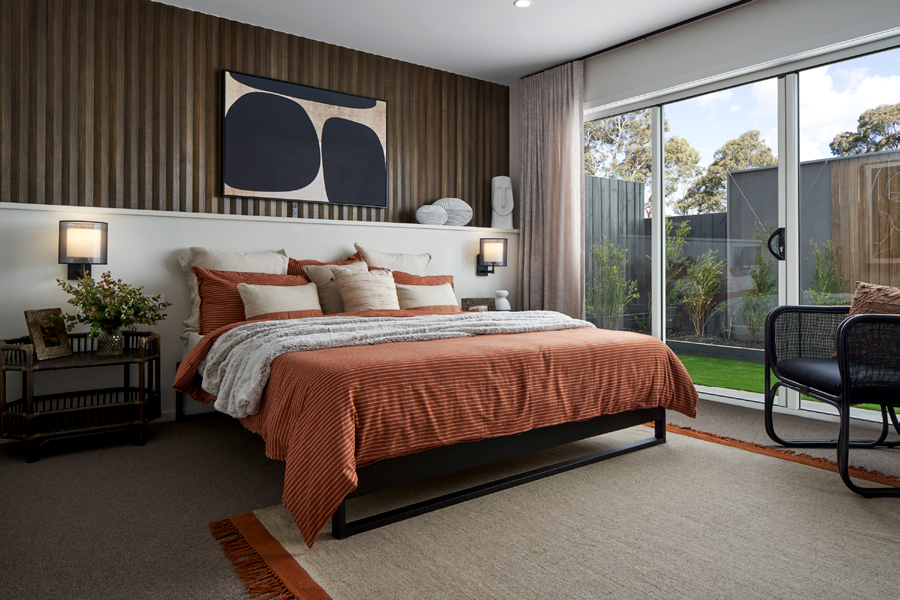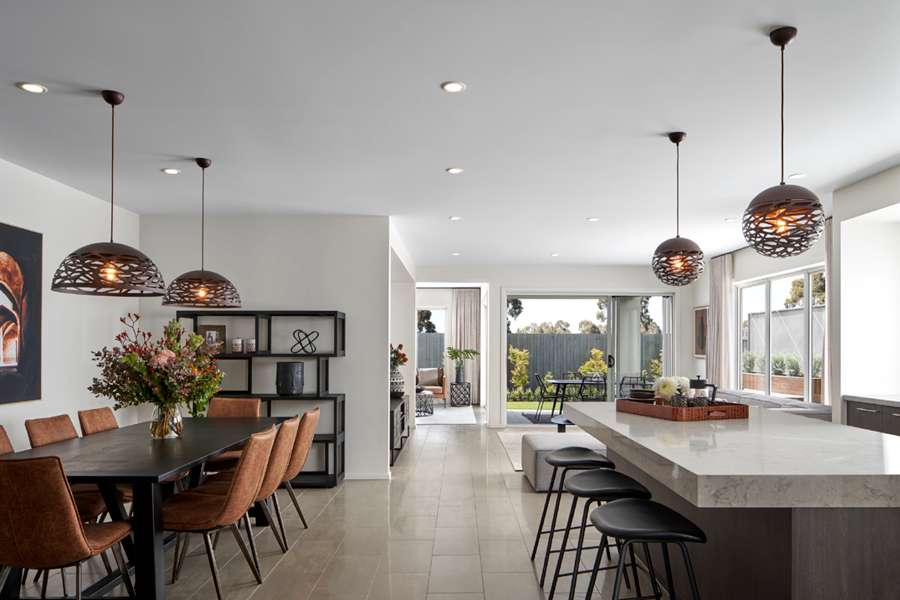We know that finding the home loan that is right for you can be a challenge. That’s why Resolve Finance, our in-house mortgage broker and finance team, is here to help. Below, you’ll discover the pros and cons of each home loan type to help you work out which one might be right for you.
Firstly, let’s talk about the difference between a fixed rate home loan and a variable rate home loan.
‘A fixed rate home loan essentially locks in an agreed interest rate over a certain period of time – usually one to five years,’ explains Resolve Finance Mortgage Broker, Sunny Singh.
‘On the other hand, a variable rate home loan charges interest according to market fluctuations.’
What are the benefits of a fixed rate home loan?
In short: stability. Having an interest rate locked in will mean you’ll have a much better idea of what your repayments will be each month, making it easier to budget.
‘Even if the Reserve Bank of Australia increases the official interest rate, you won’t pay any more for that locked-in period,’ explains Sunny.
Fixed rates can also be preapproved before you buy. Pay a Rate Lock Fee, and most lenders will offer you 60 to 90 days to buy a property with a guaranteed fixed interest rate.

What are the drawbacks of a fixed rate home loan?
With a fixed rate home loan, you won’t benefit if interest rates drop – you’ll be locked into the interest rate you agreed on for that time period.
Fixed rate home loans also tend to come with restrictions and fees. For example, you may not be able to redraw on your loan to fund big purchases (such as a new car) or use an offset account to minimise your repayments, as you would with a variable rate product.
‘Borrowers may be restricted to a maximum number of payments during the fixed term, which means you won’t have the option to pay off your loan quicker,’ adds Sunny.
‘You can also face hefty fees for refinancing to get a better deal or switching to a variable interest rate during the fixed period.’
It’s also worth checking your loan conditions for when the fixed rate period is over. Some banks may revert you to a variable rate that’s much higher than other lenders.

What are the benefits of a variable rate home loan?
With a variable rate home loan, you can enjoy increased flexibility as the loan is contingent on interest rates that are subject to change throughout your loan term.
‘If interest rates fall, minimum repayments should too,’ explains Sunny. ‘This added flexibility could potentially help you repay your loan at a much quicker pace by capitalising on falling interest rates. It also means you can make additional payments to help pay off your loan sooner.’
‘Other benefits include a redraw facility as well as the option to have an offset account associated with the home loan. This feature allows you to use the money in your offset account to steady the balance of your home loan.’

What are the drawbacks of a variable rate home loan?
While these features sound fantastic (and they are) one of the key points to keep in mind with a variable rate home loan is that if interest rates increase, so will your repayments. ‘This increase can make it challenging to meet your monthly repayments and may lead to financial pressure and budget constraints,’ cautions Sunny.
Are there any other options when it comes to home loans?
- Split loans: Some lenders will let you lock in a fixed interest rate for a set period – say five years – and then switch to a variable rate. This might be useful for customers who need cash flow security in the short term, but who desire the flexibility to refinance in the longer term.
- Interest-only/construction loans: Looking to build? Most lenders will put you on an interest-only or construction loan while your home is being built. Your loan amount or ‘principal’ will grow as your home does, but you’ll only ever pay interest on that amount until you get the keys. After that, you’ll revert to the usual ‘principal and interest’ loan. This makes the whole process more affordable, especially if you are paying rent during the construction period.
- Guarantor home loan: This is where your parents allow you to use their property as security against the money you borrow. This can help you significantly reduce the amount of deposit you may need to pay upfront and may help you avoid paying Lenders Mortgage Insurance (LMI).
- Low doc loan: Are you self-employed? With low doc home loans, you don’t need to provide financial documents (such as tax returns and financial reports) that you normally would when applying for a loan. The catch? You’ll likely need a clean credit history, a hefty deposit and solid property valuations.
Have you found ‘The One’?
Share your home journey and connect with the Boutique Instagram community by using #ourboutiquehome